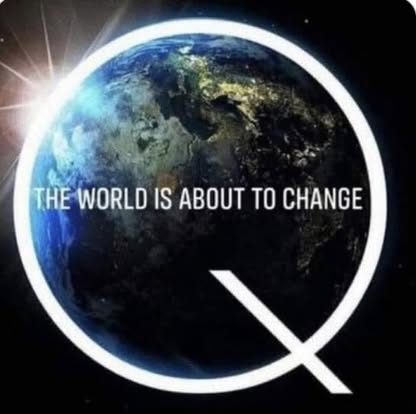Wikipedia – The Department of Government Efficiency (DOGE),[note 1] officially the U.S. DOGE Service Temporary Organization, is a temporary organization under the United States DOGE Service, formerly known as the United States Digital Service.[1][2] Despite its name, DOGE is not a cabinet-level department of the United States government, which requires approval of the United States Congress.[3]
DOGE’s stated purpose is to reduce wasteful and fraudulent federal spending, and eliminate excessive regulations.[4] According to the executive order that established it, its formal purpose is to “modernize federal technology and software to maximize governmental efficiency and productivity”.[2] The organization was announced by then president-elect Donald Trump in November 2024 for his second term. Initially, Vivek Ramaswamy was to co-lead with Elon Musk, but he left before the project began.[5]Musk’s official role according to his X bio is “White House Tech Support”.[6][7] The organization was created by executive order on January 20, 2025.[8] DOGE is scheduled to end on July 4, 2026.[4] DOGE has an office in the Eisenhower Executive Office Building[9] and has about 20 employees there, with other teams embedded in federal agencies.[10]
Conception
On November 5, 2024, Musk suggested that former U.S. representative and two-time Republican presidential candidate Ron Paul could work with DOGE.[36][37]
On January 19, 2025, CBS News reported Ramaswamy was expected to step away from DOGE to instead run for the governorship of Ohio. CBS also reported there had been internal friction between Ramaswamy and Musk, with Musk’s supporters reportedly “privately undercutting” Ramaswamy and encouraging him to depart from DOGE over his alleged lack of engagement with the project.[38][39] On January 20, following the Second Presidential Inauguration of Trump, the White House clarified that Ramaswamy would not be serving in DOGE.[40] On January 27, Ramaswamy said that he had resigned after a “mutual discussion” with Musk. Ramaswamy described his own focus as “a constitutional law, legislative-based approach”, in contrast with Musk’s “technology approach, which is the future approach”.[41] Musk is leading the organization, but his official role is not clear.[42]



